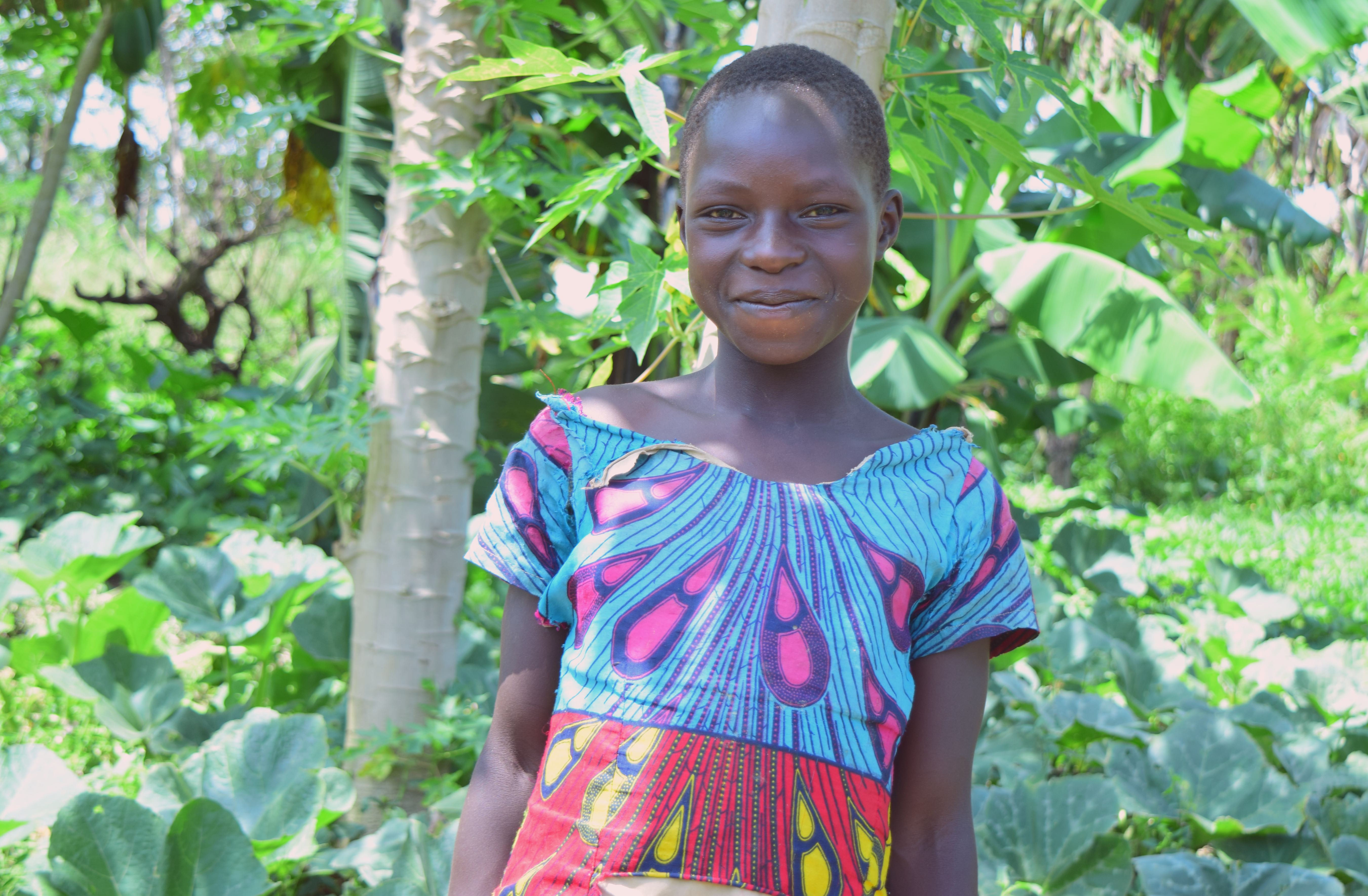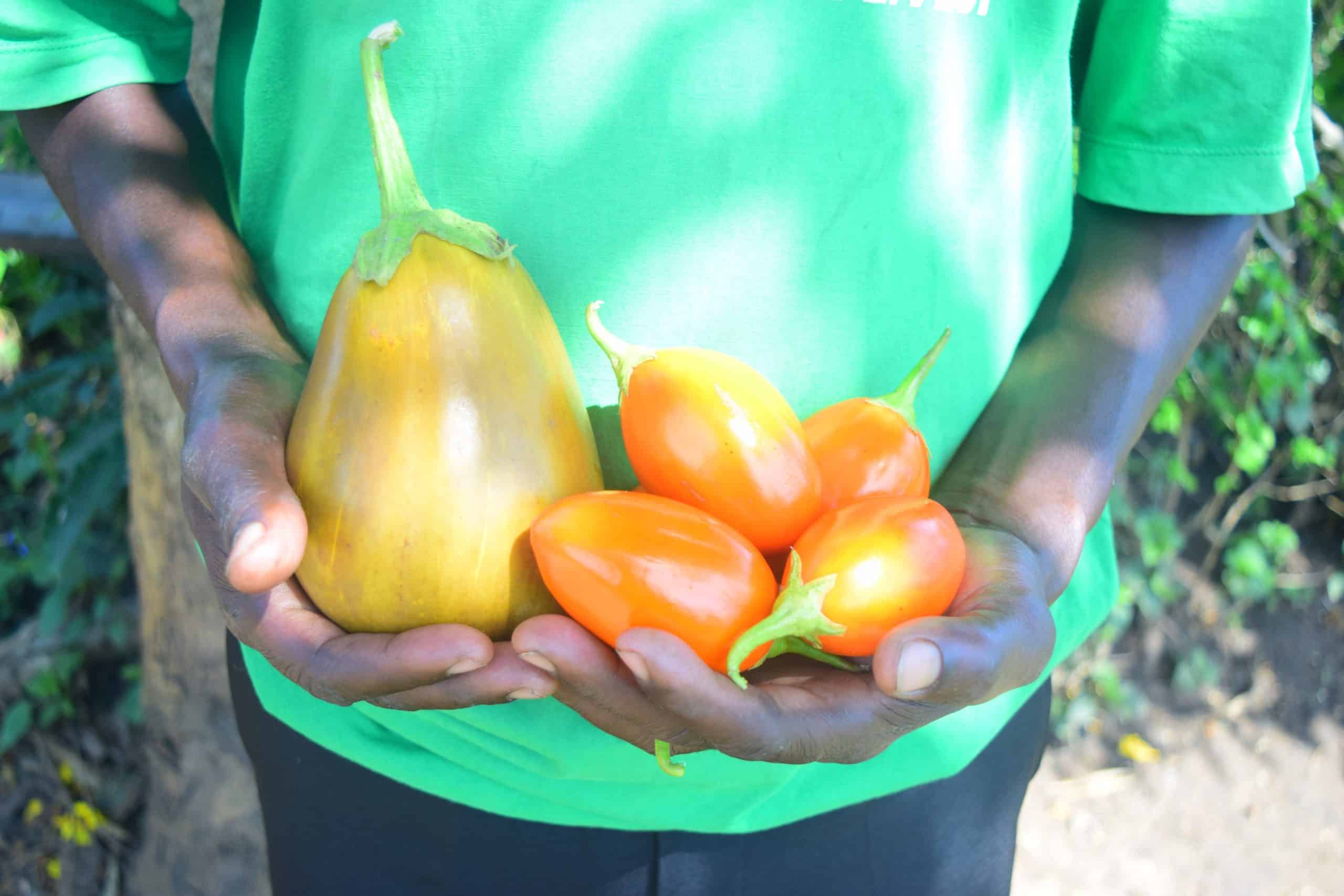Consider Uganda, where more than 30% of the population faces some level of chronic food insecurity. Hunger and poverty are tied to a number of factors, including farming practices, natural disasters, climate change, high food prices, and lack of education. Fortunately, there’s a proven solution. Farming has the potential to mitigate climate change, protect families from volatile markets, and offer resources and pathways out of hunger and poverty. As it happens, farming is the most common occupation in Uganda and makes up 24% of the country’s GDP. 84% of the national population lives in rural areas, but despite the prevalence of farmers and farmland in this East African nation, there is not enough food to go around. Studies have shown that most rural families are not eating essential nutritious food and are also living in extreme poverty which is less than $1.90 (Ush 7030 Uganda shillings) a day. (USAID, 2018)
TREES has been training farmers in what they call the Forest Garden approach since 2015 (introducing it to Ugandan farming communities in 2016). The Forest Garden Approach uses agroforestry and sustainable farming practices to protect land, diversify crops, and optimize space. Farmers are trained in the Forest Garden Approach over a four-year period and TREES provides all the training, seeds, tools and materials. Through the Forest Garden Approach, farmers plant thousands of trees that protect and bring nutrients back to the soil and make the farmer more resilient to climate change-related weather patterns like drought or flooding. As their soil health improves, farmers grow a variety of fruits and vegetables, which in turn increases income and food security for the farmers.
The Forest Garden Approach has proven to be a hero for farming families and their communities across sub-Saharan Africa – in Senegal, Cameroon, Kenya, Tanzania, and Uganda. To date, TREES has helped 142,400 people in these countries. In Uganda, 2,291 families have participated in TREES’ program and more than 13,000 people have benefited.

“The work we are doing as an organisation is greatly impacting these communities and will have a lasting effect on so many smallholder farmers in these areas,” says Ivan Tumuhimbise, Country Director at Trees for the Future Uganda, adding that the Forest Garden Approach is an easy technique that any farmer can use to improve and change their livelihood.
As each Forest Garden grows and matures, so will the resilience of each Forest Garden family. What was once degraded and unproductive land is now rich with nutrients and bursting with life. Farmers are harvesting dozens of crops instead of just one or two, which means that many more paydays and more dietary diversity. TREES is continually reaching out to more farming communities to provide Forest Garden training, with the goal to give all farmers the opportunity to revitalize their land and their livelihoods.
